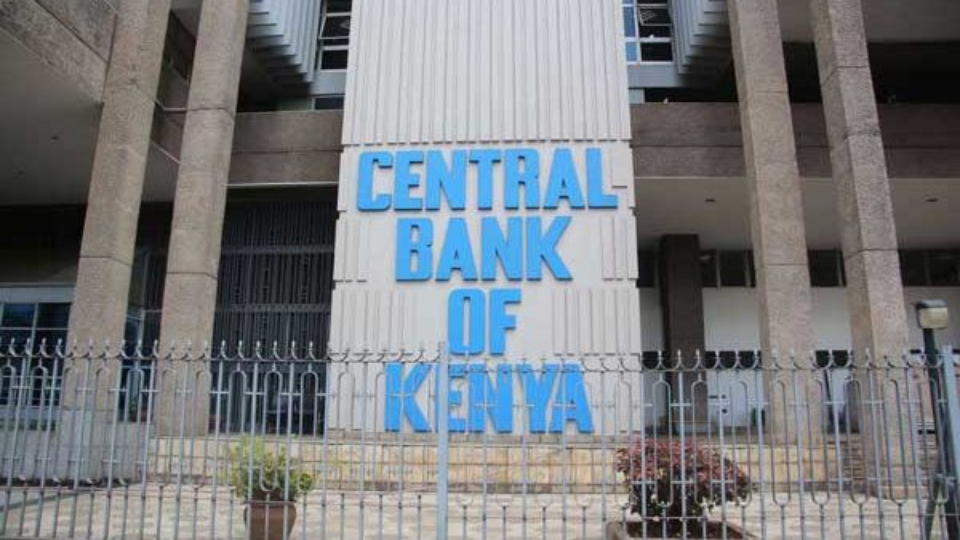Digital Lenders in Kenya Face Heightened Financial Crime Risks, Central Bank Survey Reveals
A recent survey by the Central Bank of Kenya has exposed significant vulnerabilities in the digital lending sector, identifying it as the weakest link in the fight against financial crime. The report highlights critical gaps in anti-money laundering and counter-terrorism financing measures, attributing these shortcomings to inadequate staff training, weak compliance frameworks, and outdated sanction screening processes. These deficiencies have made digital lenders easy targets for criminal networks seeking to exploit the rapidly growing sector.
The findings come as Kenya continues to strengthen its regulatory environment to combat financial crime, with digital lending platforms playing a pivotal role in expanding access to credit for millions of Kenyas. The survey points to systemic issues, noting that many digital lenders lack the capacity to enforce sanctions against high-risk individuals and entities. This has raised concerns about the sector's exposure to money laundering and terrorism financing, prompting calls for urgent reforms.
According to the survey, one of the primary challenges is the lack of comprehensive training for employees in digital lending firms. Staff often lack the expertise needed to identify suspicious transactions or comply with regulatory requirements, leaving firms ill-equipped to detect and prevent illicit activities. Additionally, many lenders rely on outdated or incomplete sanction lists, which fail to flag individuals or organizations involved in financial crime. Weak compliance structures further exacerbate the problem, with some firms lacking dedicated teams to oversee anti-money laundering efforts.
The Central Bank has been actively working to regulate the digital lending sector, licensing 126 digital credit providers as of June 2025, with over 700 applications still under review. Despite these efforts, the survey underscores the need for stricter oversight and enhanced capacity-building initiatives. The regulator has emphasized collaboration with other agencies, including the Office of the Data Protection Commissioner, to address these vulnerabilities and safeguard consumer interests.
The report also highlights the broader implications of these findings for Kenya's financial system. Digital lending has been a game-changer in promoting financial inclusion, particularly for the unbanked population, thanks to high mobile phone penetration rates. However, the sector's rapid growth has outpaced the development of robust risk management frameworks, leaving it exposed to exploitation by criminal networks. This vulnerability could undermine public trust in digital lending platforms and hinder efforts to expand access to credit.
Stakeholders in the financial sector have called for immediate action to address the gaps identified in the survey. Proposed measures include mandatory training programs for digital lending staff, regular updates to sanction lists, and the adoption of advanced technologies to enhance transaction monitoring. Some experts have also advocated for stricter penalties for non-compliant firms to deter lax practices.
The Central Bank's survey serves as a wake-up call for the digital lending industry, which has been hailed as a cornerstone of Kenya's fintech revolution. While the sector has made significant strides in recent years, the findings underscore the urgent need to balance innovation with robust security measures. As the regulator continues to review applications and tighten oversight, the focus will be on ensuring that digital lenders can operate safely and sustainably in an increasingly complex financial landscape.
The survey's release coincides with ongoing efforts to strengthen Kenya's financial regulatory framework. Recent amendments to the Microfinance Act, effective January 1, 2025, have introduced protections against abusive debt collection practices, while proposed legislation aims to bring buy-now-pay-later firms under the Central Bank's oversight. These measures reflect a broader commitment to consumer protection and financial stability, even as the digital lending sector grapples with its vulnerabilities.
As Kenya positions itself as a leader in Africa's digital lending revolution, addressing these challenges will be critical to maintaining the sector's growth trajectory. The Central Bank's findings highlight the need for a collaborative approach involving regulators, industry players, and other stakeholders to build a resilient and secure digital lending ecosystem. For now, the survey serves as a stark reminder that the fight against financial crime requires constant vigilance and adaptation in the face of evolving risks.


